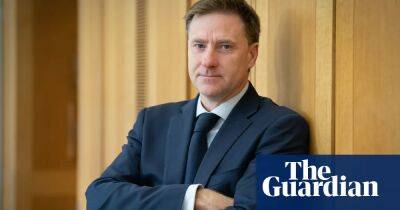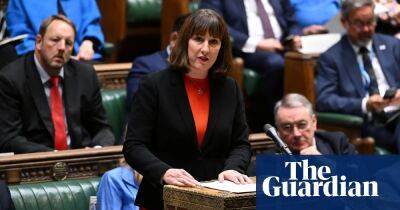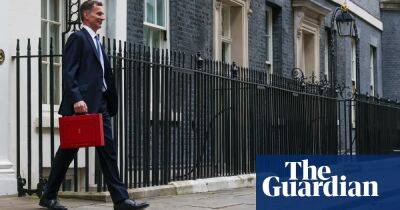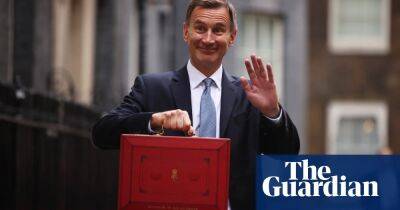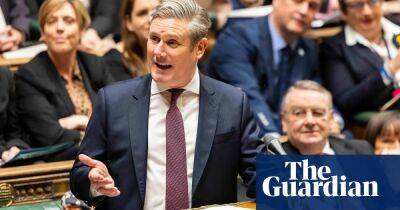The Guardian view on a Tory budget: austerity by another name
J eremy Hunt’s budget speech was revealing not for what he said but for what he did not say. Missing from his peroration was that household income will fall by the largest amount over the next two years since records began. Or that house prices will fall by a tenth. The chancellor skated over these figures to paint a rosy picture of a nation that, since 2010, has been the envy of the developed world. With the economy shrinking this year, voters are entitled to ask what planet Mr Hunt is living on. If such a heavenly body existed, it would surely be called austerity.
Mr Hunt thinks that by cutting the state’s budget, debts and deficits, he will restore the economy’s competitiveness through reducing wages, prices and public spending. So unpopular is the policy that it dared not speak its name for the last five years. Yet the chancellor thinks the public are going to back the Tories because the books could be balanced in 2026. Voters are being asked to prioritise an abstract idea over their wage packets and weekly shops, when both are being squeezed. Good luck with that, as the pollsters might say.
The chancellor, however, won’t miss an opportunity to grab the headlines. Mr Hunt has been watching revenues from taxation, especially that paid by households, beat expectations. The interest paid on government debt was also below what the bean-counters had calculated. Energy subsidies were lower than predicted. Even within the government’s fiscal rules, that meant extra cash was available to be spent. The chancellor has decided to hand cash over to motorists, the armed forces and big business. By happy coincidence, these are the very constituencies that need to be placated to keep restive Tory backbenchers happy.
On a day of
Read more on theguardian.com


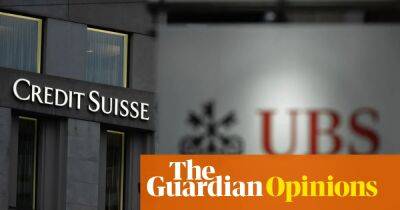





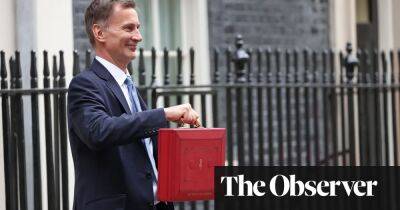
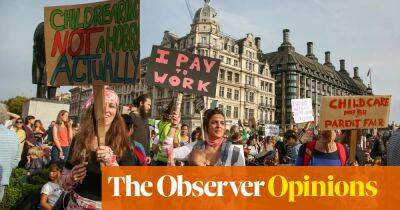
![Markus Thielen - Could Bitcoin [BTC] be on course for another green weekend - ambcrypto.com - city Santiment](https://finance-news.co/storage/thumbs_400/img/2023/3/18/60483_aut7a.jpg)
